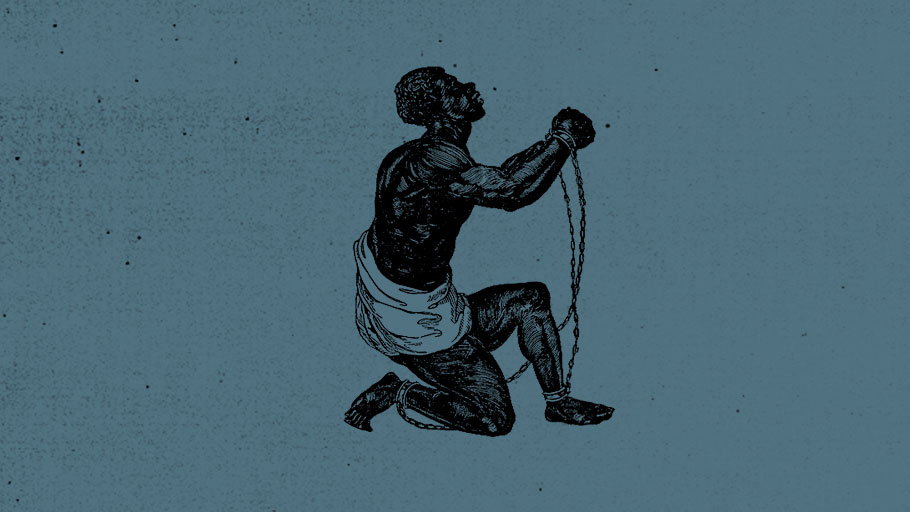Meeting at the end of the launch of the Centre for Reparation Research at the University of the West Indies in Jamaica on October 12, 2017, the CARICOM Reparations Commission (CRC) issued the following statement:
The evidence is now clear across the Caribbean that the colonial mess left behind by especially imperial Britain, The Netherlands, France, Spain, Sweden, Norway, Denmark and Portugal has overwhelmed the efforts of national governments and private sectors to achieve sustainable social and economic development.
Five decades of concerted efforts at cleaning up this inherited mess–massive illiteracy, popular ill-health, horrendous community housing, grossly inadequate infrastructures for urban and rural living, general psychic brutalizations, and a persistent racialised culture–have left democratic governments tottering on the brink of fiscal disaster.
The refusal of Britain to facilitate the modernization of its former colonies, which it bled with three hundred years of exploitative policies, in the form of inadequate sustainable development support, is evidence of its persistent hostile racial attitudes to the impoverished people of the region.
Forced by France to pay reparations to its government and citizens, Haiti has endured with increasing poverty, but stands as a beacon of pride in its independence won in battle against Europe’s military might.
Caribbean governments have spent beyond their financial capacity in order to invest in the democracy the people demanded and idealized, with a view to cleaning up the colonial mess.
The effort at self-development, without anything resembling the Marshall Plan they demanded, is in crisis. Massive public investments in health, housing and education, in order to uproot the legacy of colonialism, have laid the foundation for general fiscal crises.
Meanwhile, Europe which extracted Caribbean wealth with native genocide, African enslavement, deceptive indenture, colonialism, and racial apartheid, has turned its back on the site of its Crimes against Humanity.
Britain’s imperial policies have kept these societies dependent and backward. France sees no shame in its persistent punishment of Haiti and Spain remains in denial of its role as initiator of these crimes.
Caribbean democracy is now stretched to the limit by rising poverty, escalating domestic and international debt that should have been given as grants to aid the quest to clean up the colonial mess.
As a result, the CARICOM Reparations Commission on the occasion of the launch of the Centre for Reparation Research at the University of the West Indies, Mona Campus, has determined the following:
- That the crimes against humanity committed by European colonial states, the genocide against 15 million indigenous people, the enslavement of 12 million Africans, and the deceptive indenture of over 500,000 Asians, by Britain and France especially, must be officially recognized and the debt paid as reparations.
- That Caribbean Heads of Governments be advised that the demands made upon Britain during the 1940s and 1950s for a Marshall Plan to aid post colonial development be made again with a view to Britain taking responsibility for its share of cleaning up the colonial legacy it created in the Caribbean.
- That the 20 million pounds the British government paid in reparations to slaveowners in 1834, the value in today’s money of 76 billion pounds, plus the 27 million pounds given as free labour in the Apprenticeship period, is justly owned as reparations to the descendants of the 640,000 enslaved persons in the Caribbean at the time of Emancipation.
- That a formal claim be made upon the British government for the payment of these sums.
- That Caribbean international debt be capitalized as a development grant and offset against these sums as an investment in Caribbean democracy and economic sustainability.
- That France repays to Haiti the 150 million gold francs it extracted as reparations in exchange for recognizing its national independence, the value in today’s money being US $ 21 billion.
- That these reparations money be paid into a Caribbean sustainability fund for the furtherance of social and economic democratic development during the first half of the 21st century.
- The Caribbean Reparations Commission further resolves that Caribbean governments be asked to remove from places of public celebration, monuments, statues and other effigies, to persons who committed or facilitated the above said crimes against humanity in the Caribbean. And therefore, monuments to persons such as Christopher Columbus, Horatio Nelson and Francis Drake and all other military and civil supporters of slavery and the colonial project, should be removed.
- Parliaments in the Caribbean should follow the example of Jamaica and St. Vincent and the Grenadines, debate with the view to passing legislation that native genocide, slavery, and indenture were and are crimes against humanity and are subject to reparatory justice.
- And further, that this legacy of unrepaired colonization has rendered Caribbean communities particularly vulnerable, through poverty, to the ravages of natural disasters as demonstrated by climate change research.
- And finally, that on the anniversary of the recognition of October 12 annually, the day on which the Spanish invasion of the Caribbean by Christopher Columbus be designated “Caribbean Holocaust Day”.















